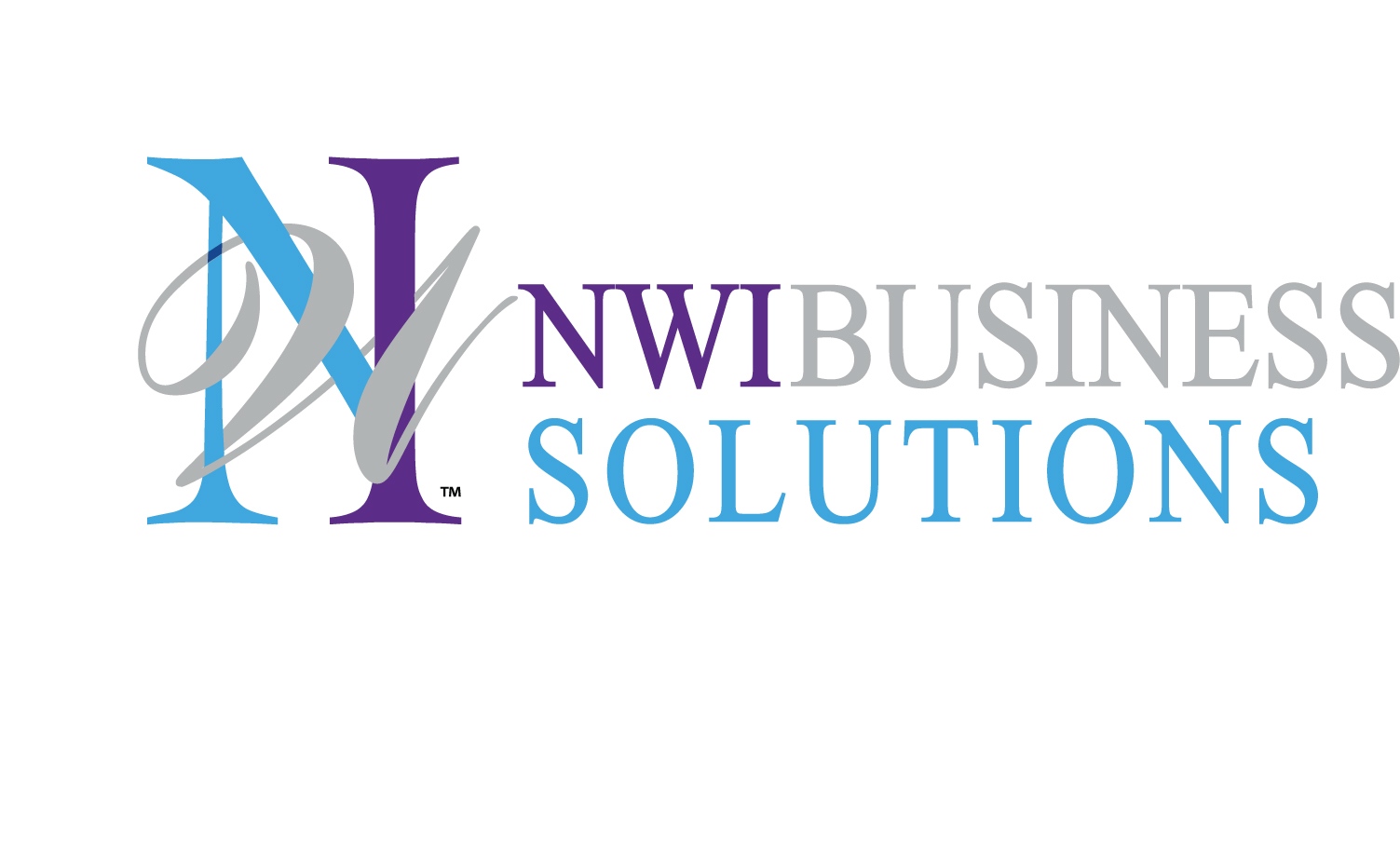If I had a nickel for every time that I heard a business owner or executive say that they “do not need paid marketing because they get all their business through word of mouth” I could be cruising the Mediterranean on my yacht right now.
I get it – it is a point of pride for business owners and executives to say that they rely solely on word of mouth to get new customers. After all, who doesn’t want to believe that their customers are so pleased with their experience that they will tell others?
Word of mouth (impressions about your company shared from one person to another) is a powerful driver of purchasing decisions. A 2010 McKinsey study, for example, found that “…word of mouth is the primary factor behind 20 to 50 percent of all purchasing decisions”. These results are really not too surprising. We tend to trust recommendations from our family, friends, and colleagues more so than we do advertising.
Although word of mouth is effective – it is a mistake to rely on word of mouth to the exclusion of other marketing activities or to assume that it will “just happen” on its own. This is because unaided word of mouth can take a long time to work, has limited reach, is prone to misinformation, is not targeted, and can be difficult to measure.
Businesses that want to grow, new businesses, businesses that operate in competitive industries, and B2B companies must find ways to actively encourage word of mouth or risk losing out.
How to Encourage Word of Mouth
Word of mouth can take many forms. Three of the most important forms include:
- Social media conversations and recommendations
- Customer reviews on YELP, Google, and other platforms
- Referrals
To encourage word of mouth, first, make sure that you consistently provide a quality product and responsive customer service. Then do everything you can to share positive customer experiences, comments, and recommendations:
Participate in social media
Today, a majority of sharing takes place on social media. If your business does not have a presence on social media, you will miss out on a significant opportunity to engage with your customers, answer questions, respond to complaints, and promote events.
Gather and share online reviews
Reviews are powerful because people are more likely to make a purchase if others – even strangers – agree that it is a good decision (social proof). Today, online reviews are the biggest source of social proof, and they have a clear impact on sales.
The best way to encourage reviews is to simply ask for them. Use as many customer touchpoints as possible to ask for reviews. To reduce your workload, automate the process using email, texting, and/or social media.
To make it easy for customers to leave reviews make sure that you have profiles set up on relevant review platforms. Depending on the nature of your business these can include:
- Yelp
- Angie’s List
- Trip Advisor
- Facebook (still the top platform for reviews)
Solicit and share referrals
When a potential customer needs a product or service, where do they turn? They are likely to ask a friend, family member, or colleague for a recommendation. To encourage referrals, you need to set up a referral program.
A referral program is a marketing tactic that encourages your existing customers to recommend your business to others. In return for a referral that leads to business, customers are given a reward, such as a gift card, discount, points, or some sort of swag. Software is available to help manage referral programs.
The Often-Overlooked Marketing Tactic
Given the rewards of word of mouth, it is amazing how few businesses actively encourage it or include it in their marketing plans. Marketers too, tend to overlook word of mouth marketing and some consider it an undeveloped discipline in comparison to more traditional tactics.
Word of mouth is truly the best marketing tactic that many businesses are simply not using. Do not get left behind. The experts at NWI Business Solutions are available to discuss how you can use word of mouth marketing to propel your business forward.


Recent Comments